Who will be voted the best teacher at TU Delft on November 7? Here is a brief introduction to the eight nominees with their particular recommendations.
Student associations from all faculties could nominate candidates again this year. During the Education Day on November 7, a jury will decide who will succeed Calvin Rans. It consists of Rob Mudde (vice-president of education), Annoesjka Cabo (scientific director of Teaching Academy), and members of the student council and of the study association council.
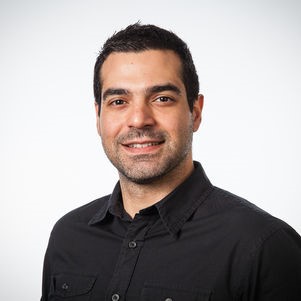
Farbod Alijani
3mE
Many students find it difficult to conceive of mechanics at a nanoscale. That is why Farbod Alijani uses a bicycle or out-of-phase ticking metronomes to describe theories. According to Gezelschap Leeghwater, Alijani continuously tries to put himself in his students’ shoes so he can present the material as best as possible and sustain the attention and enthusiasm of the entire lecture hall. He asks a lot of questions in the hope that the students will do likewise. This allows him and the students to learn from each other. ‘With his clear explanations, the success rates are relatively high.’
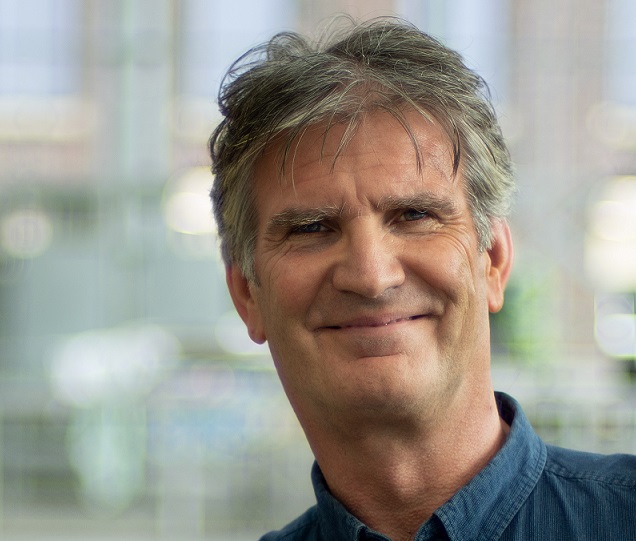
Eric van den Ham
Architecture and the Built Environment
How can you give students of ABE and Civil Engineering lessons in climate design? Eric van den Ham has them do exciting little tests. Take the rowing box: he asks for a volunteer from the lecture hall to row on an ergometer in a box with a glass panel, he turns on a large lamp to simulate the sun, opens vents for ventilation, and then measures the temperature, CO2-content and humidity. Very insightful and humorous, according to Andy van den Dobbelsteen, professor of climate design and sustainability, in his recommendation. He also displays genuine interest, adds a student.
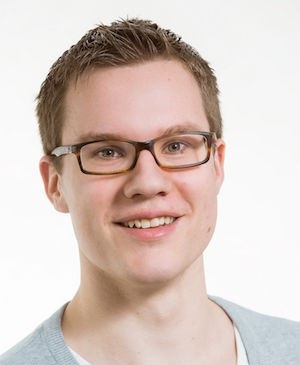
Stefan Hugtenburg
Electrical Engineering, Mathematics and Computer Science
This lecturer is a passionate speaker who can explain algorithms enthusiastically and clearly to students of computer science and engineering. He tries to involve his students in his thinking process as much as possible, with a healthy sense of humour, but calmly and clearly. When he was a student, he won the Young Talent Award Computer Science 2012. He developed a workshop to make pupils enthusiastic about computer science courses and helped with creating massive open online courses in his specialist field. He can be occasionally found in the faculty pub where he is open to hearing suggestions or feedback.
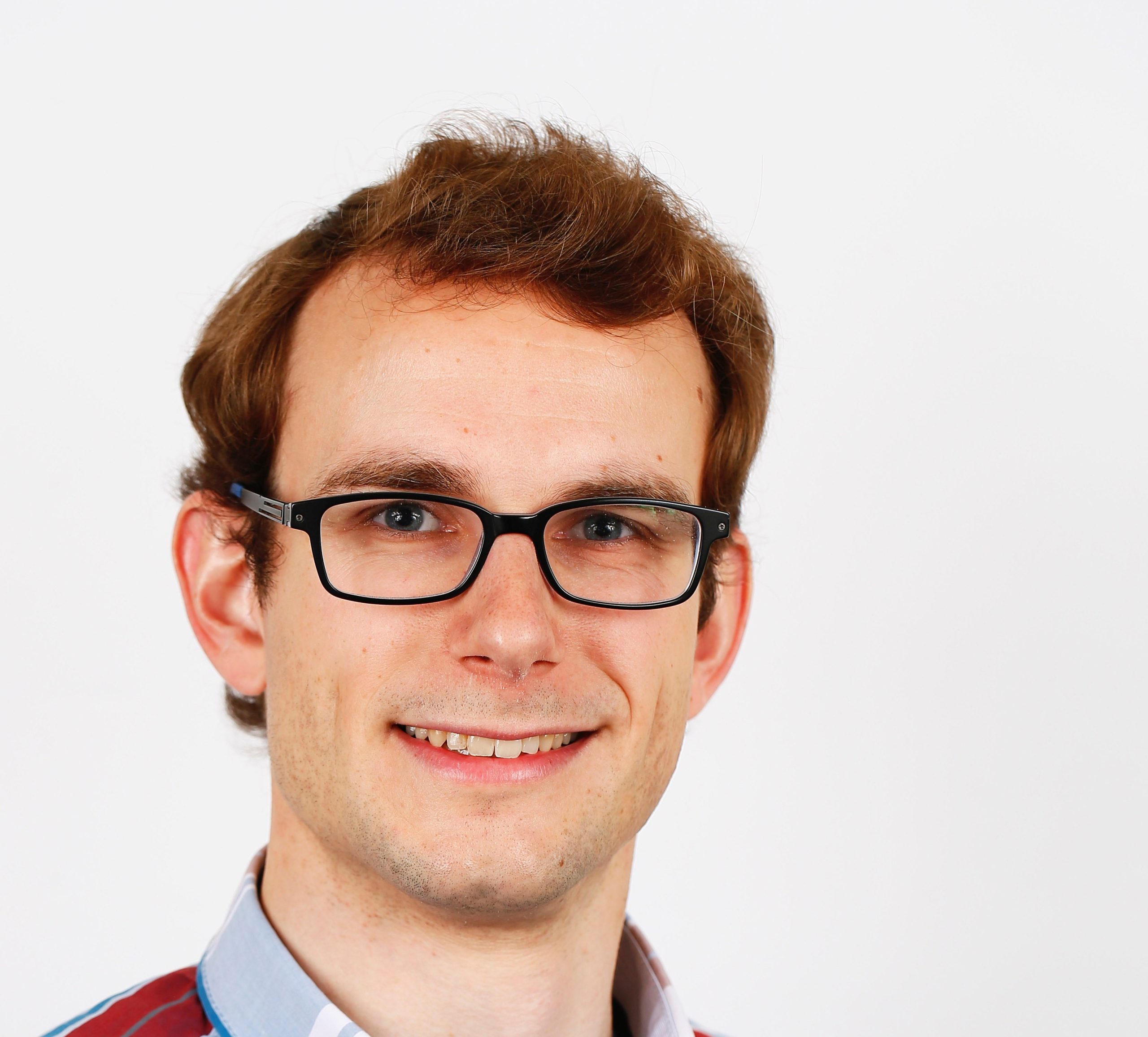
Timon Idema
Applied Sciences
Timon Idema tries to explain nanobiology in such a way that students can visualise it. He uses a string to clarify rotation and shaving cream to show how elasticity decreases over time. During each lesson he tells funny anecdotes, and there are enthusiastic discussions. Idema simply asks his students how he can keep their attention on the lesson better. Quizzes? Giving answers to homework? Each year he attempts to improve his lessons on the basis of feedback. He does not want barriers, responds quickly to e-mails and organises a dinner at his home every other year.
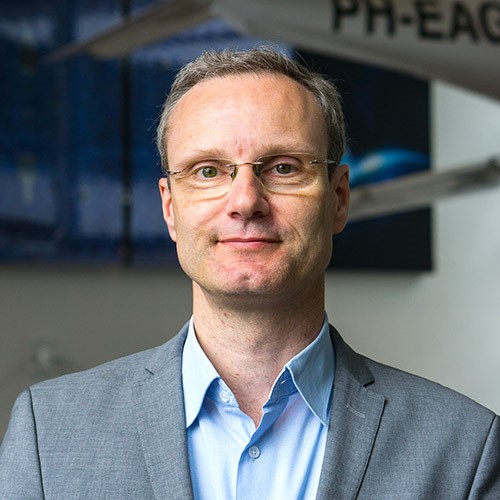
Joris Melkert
Aerospace Engineering
Ask students for their opinion about lecturer Joris Melkert, and they will tell you that the faculty cannot survive without him. Although the lesson material is difficult, they master it because of the creative and interactive lessons. For example, he has them vote on the ugliest airplane or takes airplane parts into class. Groups of master students are allowed to build a miniature airplane that is expected to fly next year, because you must be able to apply the knowledge in practice. Melkert teaches many different subjects, is involved in various societies and boards, but always has time for a chat with students.
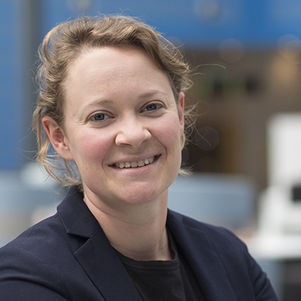
Rebecca Price
Industrial Design Engineering
The Australian Rebecca Price came to Delft three years ago as a postdoc for the design of passenger-friendly ways to make airports more efficient. Her research expanded afterwards to other forms of mobility, with an emphasis on sustainability and health. Where has her passion for teaching come from? She wants to draw out the best in her students to enable them to face the challenges of our age. According to her, designing requires an unorthodox mix of optimism and realism, in order to see the greater whole.
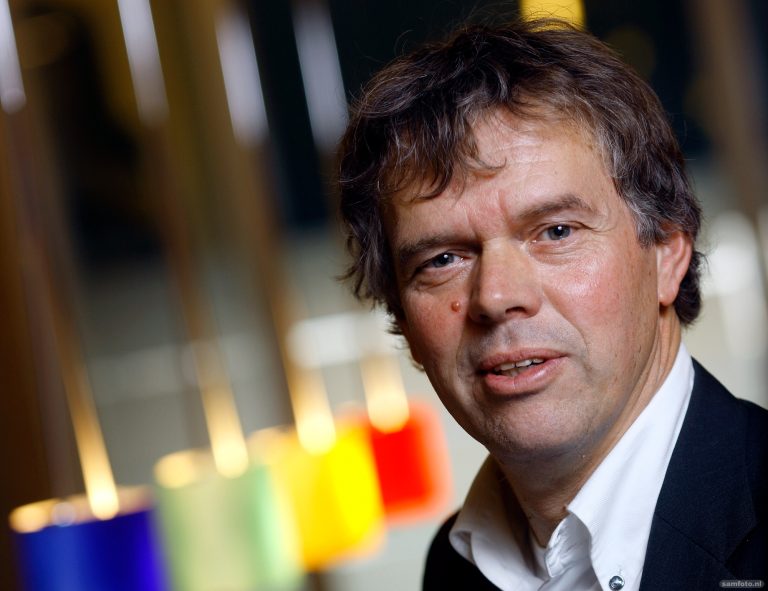
Jan Rots
Civil Engineering and Geosciences
Retro-teaching. That is what Jan Rots calls his manner of teaching according to Het Gezelschap Practische Studie. He prefers to use an old-fashioned overhead projector. His students laugh at first but once they have gotten used to it, they would not trade it for anything else. It forces them to make good drawings. His research into the earthquakes in Groningen is reflected in his lessons on mechanics. He has 400 students but is easily accessible, remains calm and clear, and regularly scores well in competitions for teacher of the year.
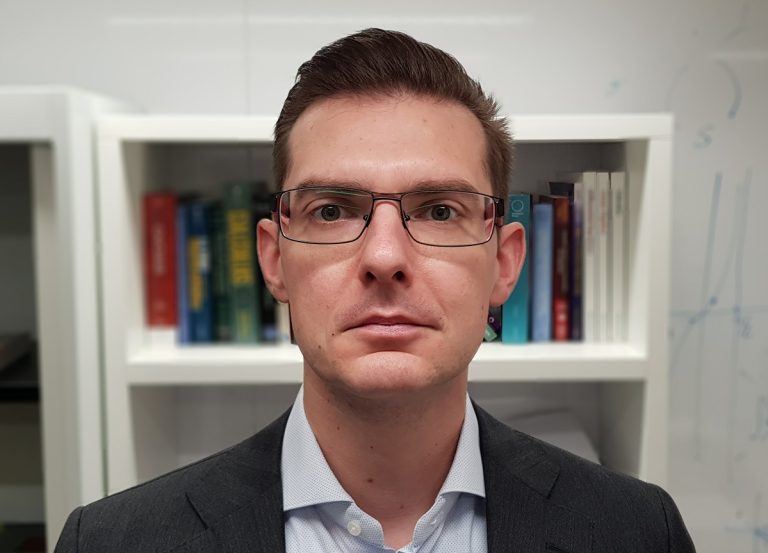
Tom Vroegrijk
Technology, Policy and Management
Even exams are fun with Tom Vroegrijk. Why? Because he employs one of his strongest points in them: his sense of humour. Who else at TU talks about his guinea-pigs in his lessons, seminars and exams? Another strong point is that he constantly checks whether the content of the lesson follows on from his students’ previously acquired knowledge. He ignores breaks to answer questions, gives many assignments with rapid feedback, and contacts other lecturers to provide concrete examples with mathematical techniques.
Do you have a question or comment about this article?
c.j.c.vanuffelen@tudelft.nl


Comments are closed.